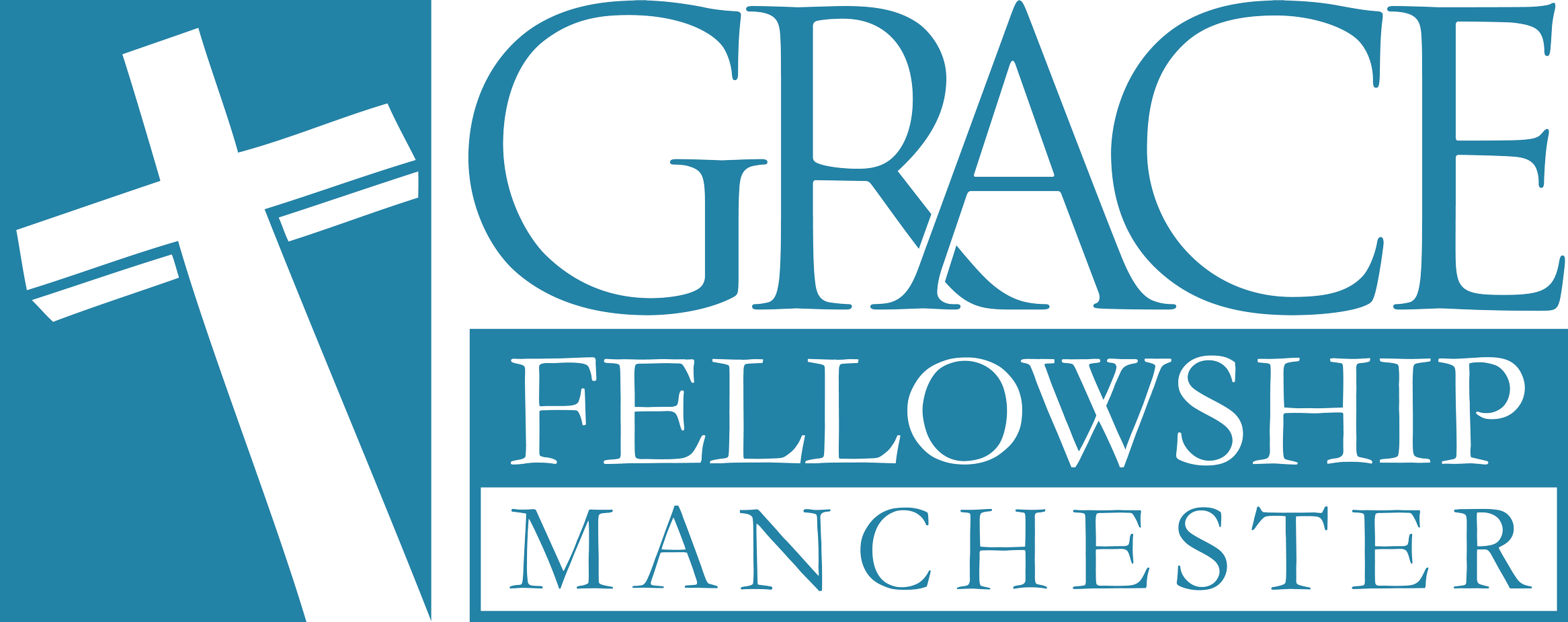> “I’m a little weary of those overzealous Calvinists on the Internet who treat everything as simplistically as possible. Always trying to outdo everyone to see who can adopt the highest form of High Calvinism. And as a result-and you can actually see this trend if you watch Calvinist discussions on the Internet-modern Calvinist circles seem to be filled with guys who insist that Christ’s death had no benefit whatsoever for anyone other than the elect and God’s only desire with regard to the reprobate is to damn them period.
“I’m a little weary of those overzealous Calvinists on the Internet who treat everything as simplistically as possible. Always trying to outdo everyone to see who can adopt the highest form of High Calvinism. And as a result-and you can actually see this trend if you watch Calvinist discussions on the Internet-modern Calvinist circles seem to be filled with guys who insist that Christ’s death had no benefit whatsoever for anyone other than the elect and God’s only desire with regard to the reprobate is to damn them period.
Too many Calvinists embrace the doctrine of limited atonement, they finally see the truth of it but then they think, “Oh that’s that.” Christ died for the elect and in no sense are their any universal benefits in the atonement, so the atonement is limited to the elect in every sense and it has no relevance whatsoever to the non-elect. I think that’s an extreme position and it’s not supported by many of the classic Calvinist theologians and writers if you read carefully what Calvinists have said throughout history. I want to encourage you read Andrew Fuller and Thomas Boston. Read what people like Robert L. Dabney and William G. T. Shedd and B. B. Warfield and Charles Hodge wrote on the subject of the atonement. Read John Owen too, but don’t imagine that John Owens’s book The Death of Death in the Death of Christ represents the only strain of Calvinist thought on the issue. It doesn’t. In fact, far from it. If you begin to study this issue in depth you will quickly discover that the classic Calvinist view on the extent of the atonement is a lot less narrow and a lot less cut and dried than the typical seminary student Calvinist on the Internet wants to admit. Historic Calvinism, as a movement has usually acknowledged that there are universal aspects of the atonement. Calvin himself had a view of the extent of the atonement that was far more broad and, and far more extensive than the average Calvinist today would care to recognize.”~Phil Johnson

